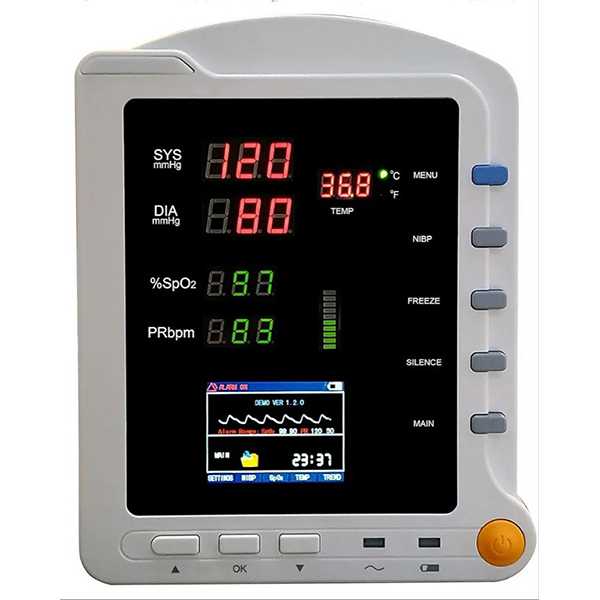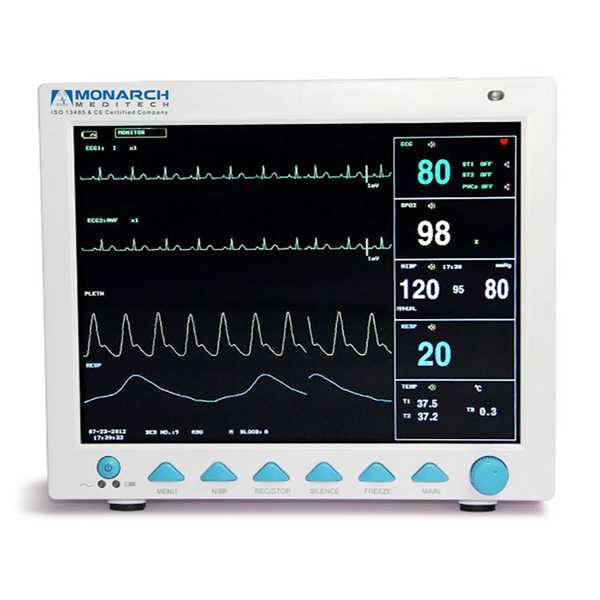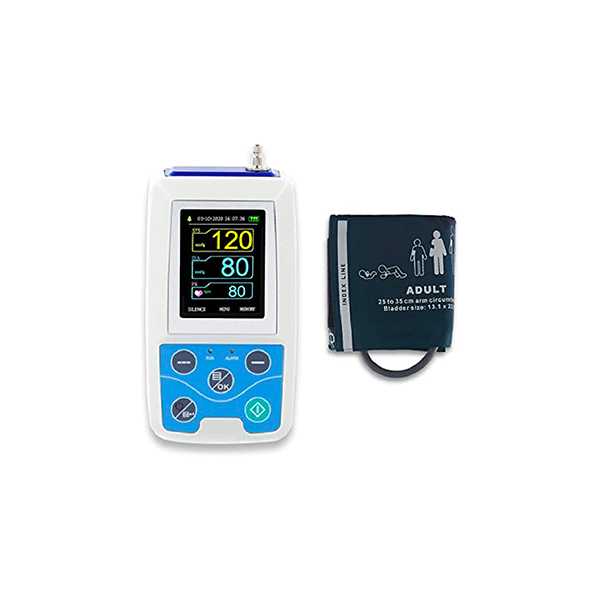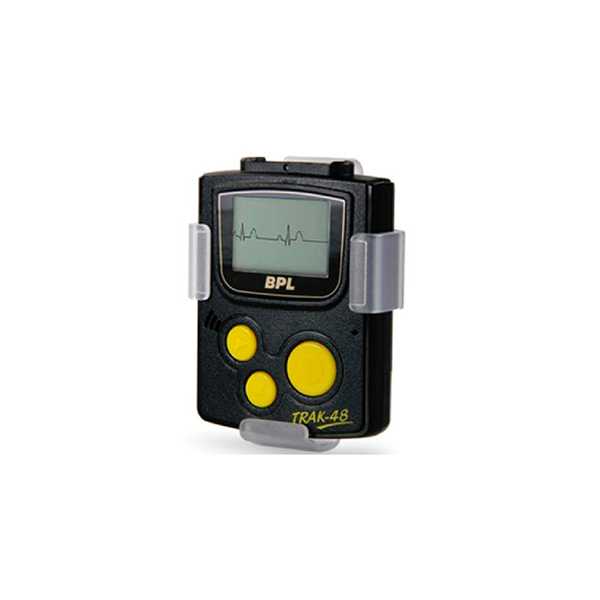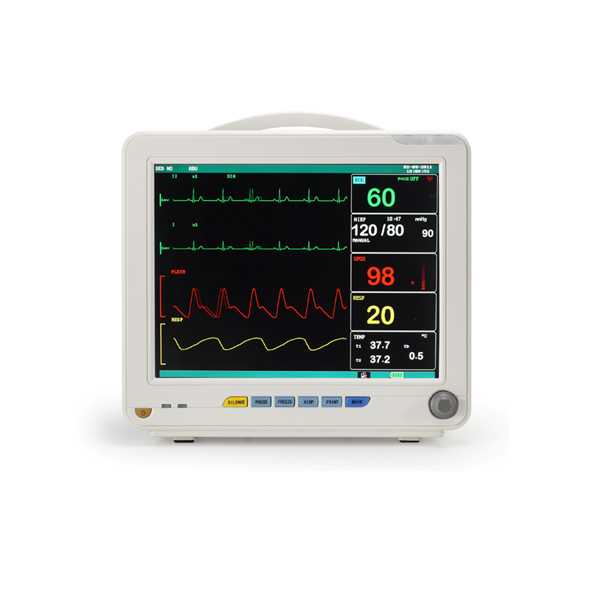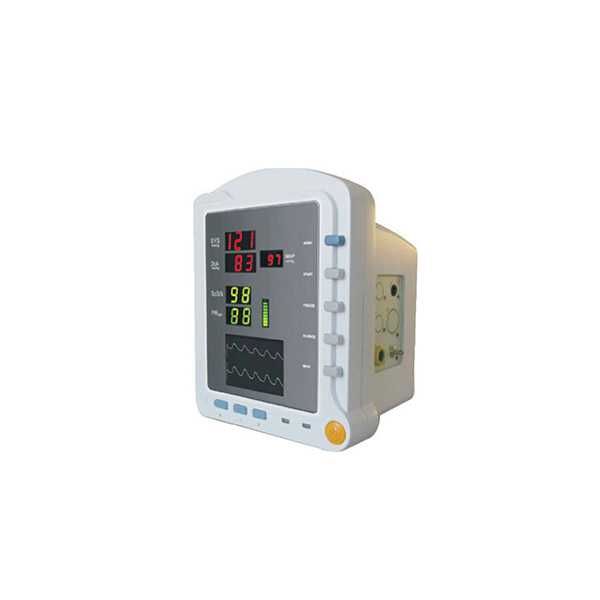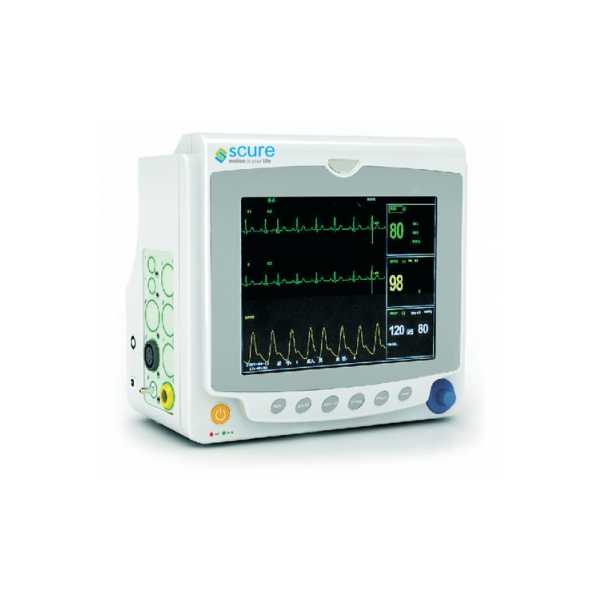holter monitor
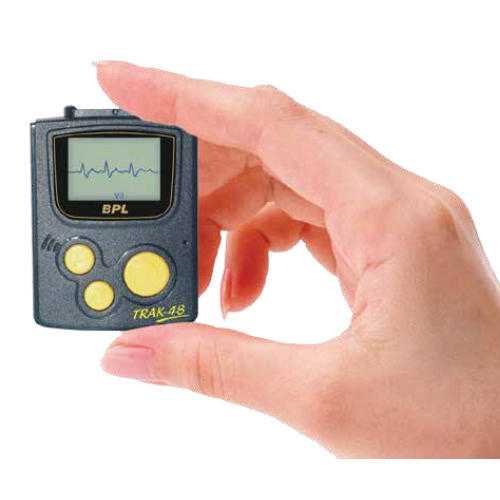
Rental Price: ₹3000 for days
* Talk to us to know about available packages.
description
At Portea, we specialize in providing Holter monitor rental and sales, accompanied by a comprehensive range of healthcare services. Our services include professional nursing care, doctor consultations, physiotherapy sessions, and dedicated caretakers.
Our ECG Holter boasts an innovative design with advanced features, guaranteeing precise signal processing. With a sample rate of 2000 Hz and the capability to record 12 channels using just five wire leads, our ECG Holter delivers exceptional signal quality comparable to traditional resting ECG recording devices.
Recognizing the significance of accurately monitoring cardiac activity, we offer cutting-edge digital Holter monitors. These compact and battery-powered devices surpass routine electrocardiograms (EKGs) by capturing continuous, high-quality ECG readings, empowering your physician to gather comprehensive insights into your heart’s rate and rhythm.
Patient comfort remains paramount. Our design allows for optional data recording with just four wire leads, providing a seamless 3-channel ECG experience. Our 12-channel recording ensures the same pulse information as a resting ECG recording device, guaranteeing a comfortable and reliable monitoring experience.
We take pride in our team of skilled Biomedical Engineers, who conduct tests in the comfort of your home and assist in producing comprehensive reports. These reports can be conveniently shared online with patients and clinicians, facilitating seamless communication and effective healthcare management.
Indication of Usage:
It detects or determines the risk of irregular heartbeats (arrhythmias). A Holter monitor test may be done if a traditional electrocardiogram (ECG or EKG) doesn’t provide enough details about the heart’s condition.
Audience:
The audience for the Holter machine is across specialities such as Pulmonologist, ENT, Critical Care, and Neurologist.
features:
Some of the top features of the Holter monitor are:
- Compact and Lightweight
- Fully Programmable, High Fidelity, High-Quality Performance: Sample rate up to 1024 samples per second/ no data compression.
- 12-Lead/ 3 Channel Two Work Modes
- Lower Power Consumption
- Removable SD Card: 2GB SD card records up to 48 hours of the 12-lead ECG at 1024 SPS.
- LCD Display: Provides on-demand ECG view/ confirms programming instructions/ visual confirmation of patient hook-up.
- Pacemaker Detection: Can detect the tiny, narrow pulses from the pacemaker
- Two Optional Modes of ECG Data Transfer
specifications:
| Sample rate | Up to 1024 samples per second |
| Work Modes12 Leads3 Leads | 0 Wire Patient Cable5 Wire Patient Cable/ 7 Wire Patient Cable. |
| Power Consumption | AAA-size alkaline/ NiMH battery > 48 hours. |
| SD Card | 2GB SD card (Removable) records up to 48 hours |
| Modes of ECG Data transfer | USB connector embedded in the recorderRemovable SD card |
Other specifications:
- Model – TRAK 48
- Brand – BPL
- Variants – 24hrs and 48Hr Monitoring
dimensions:
- Dimensions – 68mmX53mmX16mm.
- Weight – 42 grams (excluding battery)
ALSO KNOW ABOUT:
faqs
1. What is the Holter monitor test for?
A Holter test is a non-invasive diagnostic test that records the heart’s electrical activity over a 24-48 hours. It detects and assesses irregular heartbeats, also known as arrhythmias. The Holter monitor is a small, portable device worn on a belt or strap around the waist. It is connected to electrodes that are placed on the chest. The electrodes record the heart’s electrical signals, which are stored on the monitor.
2. What should you avoid with a Holter monitor?
While wearing a Holter monitor, there are a few things you should avoid to ensure accurate results:
- Magnetic and electrical fields: Avoid proximity to strong magnetic or electrical fields, such as those produced by power lines, microwave ovens, and metal detectors.
- Water: Do not swim, bathe, or shower while wearing the monitor.
- Strenuous activity: Avoid strenuous activity that may cause the electrodes to loose.
3. What are the risks of using a Holter monitor?
The risks associated with using a Holter monitor are infrequent. Some people may experience skin irritation from the adhesive electrode patches. In sporadic cases, the electrodes may cause a skin infection.
4. Can a Holter monitor detect heart failure?
A Holter monitor cannot directly diagnose heart failure. However, it can provide information about the heart’s rhythm and function that can help doctors assess the risk of heart failure and other heart conditions. Find the best heart monitor price at Portea Medical Equipments and get the right equipment.
5. How long does it take to get Holter monitor results?
Once you have returned the Holter monitor to your doctor’s office, the technician must process the data. This may take a few days. Once the data has been processed, your doctor will review the results and contact you to discuss them.
Please talk to your doctor if you have any other questions about the Holter monitor test.
6. Where can I get my Holter monitor delivered?
You can receive delivery of the BPL Holter monitor in Bangalore, Holter monitor in Delhi, Holter monitor in Mumbai, Holter monitor in Hyderabad, and other top cities in India. Rent or purchase Holter monitor online from BPL at Portea Medical Equipment, and it will be delivered to your doorstep.
Doctor Consultation
Nursing
Physiotherapy
Trained Attendant
Elder Care
Mother & Baby Care
Lab Tests
Medical Equipment
Speciality Pharma
Critical Care

